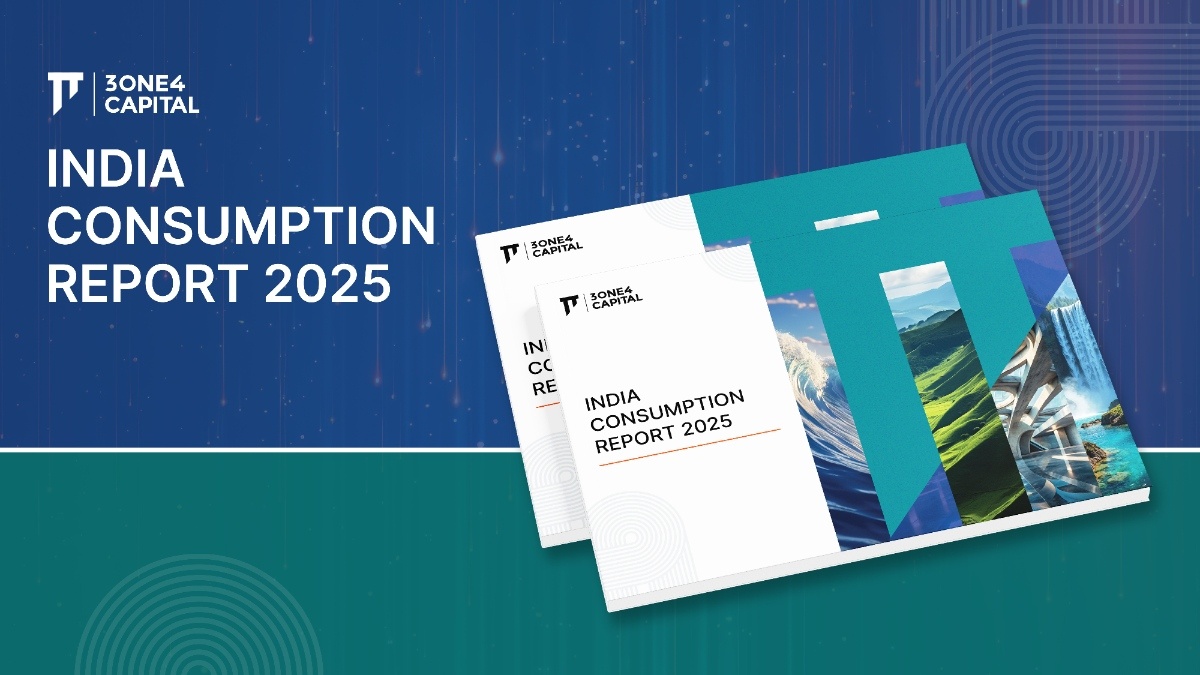
Not an ‘angel tax’, it’s a tax on investment from Indians!
The latest circular has been touted on social media as a major sigh of relief to all Indian start-ups, but it leaves a lot to be desired for.
The Angel Tax issue has been an albatross around the neck of Indian start-ups ever since this UPA-era law began being used to target them by the tax department.While the government has made great strides in improving the lot of start-ups on many fronts — corporate compliance, fund raising, FDI, etc, the singular issue that still remains unaddressed has been taxation. While section 56(2)(viib) has been labelled the “Angel Tax”, make no mistake that it discriminates against all Indian investors, whether you’re an individual, public listed company, mutual fund or even LIC! No other country in the world has a policy in this vein against its own citizens.
The latest circular has been touted on social media as a major sigh of relief to all Indian start-ups, but it leaves a lot to be desired for. The major points are that it covers only companies who have raised up to Rs 10 crore throughout their lives, only people of a certain financial pedigree — above `50 lakh in income and having a net worth of Rs 2 crore can freely invest into start-ups and it specifically excludes all start-ups who have received assessments orders from succour under this circular.
The circular is well intentioned, make no mistake about it. It has introduced the concept of an accredited investor — a perennial ask of Indian investors, albeit in a rigid fashion. Accredited investor is a globally accepted practice of allowing financially sophisticated investors to invest into risky asset classes sans the protection offered to retail investors. But nowhere has it been used as a mandatory requirement, sans which the entire investment may be liable to tax. Furthermore, the threshold in place worldwide is disjunctive — either a minimum income stream or a minimum net worth, not both.
The clause is especially harsh against people from the middle class and other walks and prevents them from beginning their entrepreneurial dreams. Prime minister Modi in June 2018 stated that start-ups are no longer confined to big cities, with smaller towns and villages emerging as exciting hubs of innovation. “Adequate capital, courage and connecting with people are required for excelling in the start-up sector”, he’s been quoted saying. Nowhere did he mention an economic threshold for following your dreams or supporting family members eager to take the entrepreneurial plunge. This clause will exclude family and friends of entrepreneurs from supporting their wards just because they don’t meet these criteria. The clause also places a glass ceiling on the size of companies by limiting their capital raises to only Rs 10 crore throughout their lifetime. A sum of $1.4 million barely qualifies as a seed round in the US or Singapore, but is supposed to sustain an Indian start-up till they IPO.
The finance minister Arun Jaitley has gone on record to state, “entrepreneurs need freedom from the state, the sector should be less regulated. India’s IT sector grew because we had no laws restraining them”. So why is the tax department working so hard to regulate domestic capital flows to Indian start-ups? Out of the $38.5 billion raised by Indian start-ups from 2014 to 2018, barely 10% of it came from domestic sources. Placing artificial barriers like the ones stated in the circular will erode this even further. It seems like the tax department will only be satisfied gaining 20% from capital gains and seeing the other 80% leave the country, instead of looking to incentivise domestic investment so that 100% of the proceeds remain in the country.
If the government seeks to provide relief to aggrieved start-ups, they should amend the circular to state that the angel tax should not apply to any investment below `10 crore received in a start-upper year from Indian investors provided that the start-up has the PAN of the investors, to investors who have registered themselves with DIPP as accredited investors, regardless of the quantum of investment. The threshold stated should also be either a minimum income of `25 lakh or a net worth of at least `1 crore and any start-up who has received an assessment order should be able to seek recourse under this circular during their appeal.
A tax on investments is counterproductive. All investments go towards the creation of assets to generate income, which in turn is taxed. Hence the name “income tax”, not “investment tax”. The notion of funding start-ups through high premia to launder unaccounted funds has been addressed by the current Company’s Act, which states that all investments need to come through banking channels accompanied by the investor’s PAN. Nobody will seek to launder funds when the paper trail is this blatant. Roundtripping of funds is another argument preferred, which falls flat as the “angel tax” section doesn’t apply to foreign funds anyway! Getting any money out of the country requires a litany of forms to be filed, as does receiving money from foreign sources. This anti-abuse measure has now become a tax farming tool and needs to be stopped.
We should stop using the term “angel tax” and instead call it what it is — an “Indian tax”. It actively taxes your investment purely on the basis of it being from Indian sources. Why are Indian investors treated as children of a lesser god in their own country? Are they children of a lesser god? We need PM Modi to step in and address this, lest India becomes a digital colony.
___________________________________________________________________
This article was first published on January 18, 2019 in the Financial Express. Read the original article here.


.webp)












